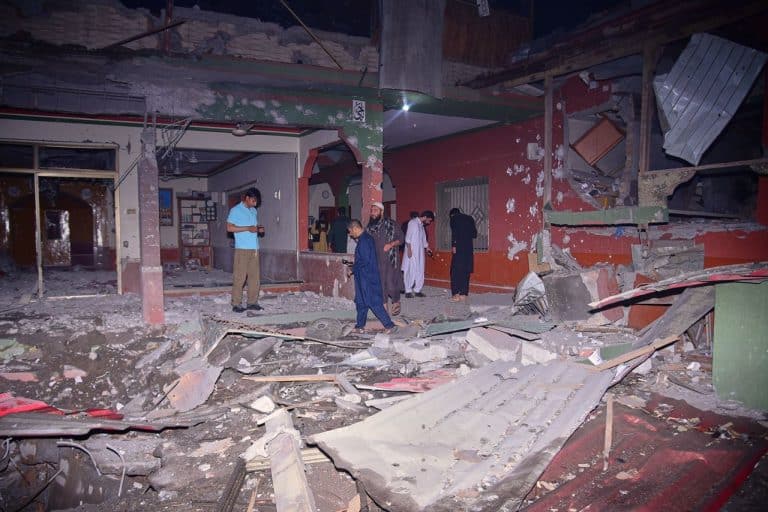On May 6, 2025, India launched airstrikes on Pakistan in response to a tragic attack on tourists in Kashmir that occurred on April 22, 2025. The Kashmir attack, which claimed the lives of 26 people, mostly Hindu tourists, was the deadliest in the region in nearly two decades. This article dives into the details of the airstrikes. It lays out the background of the Kashmir incident, and it tells how the international reactions to this conflict continue to escalate.
India’s Airstrikes on Pakistan: What Happened?
On May 6, 2025, India carried out airstrikes targeting nine sites in Pakistan that were focused on terrorist infrastructure. These strikes, part of “Operation Sindoor,” aimed at groups like Jaish-e-Mohammed and Lashkar-e-Taiba, which India accuses of planning attacks. According to sources, the operation killed 12 terrorists and injured 55. However, Pakistan reported that six locations were hit, resulting in eight civilian deaths and 35 injuries. Pakistan also claimed to have shot down five aircraft, a claim that has not yet been confirmed.
The airstrikes triggered intense shelling across the Kashmir border, killing three Indian civilians in subsequent Pakistani retaliation. The Indian armed forces’ defense ministry called the strikes “focused and measured,” targeting only terrorist sites, while Pakistan’s military reported civilian casualties, showing the conflicting stories from both sides. Reuters provided coverage of the event. For more world news, check out our article about Israel’s Alarming Attacks in Lebanon last year here.
The Kashmir Attack and Escalating Tensions
The airstrikes came after a brutal attack on April 22, 2025, in Pahalgam, Kashmir, where gunmen killed 26 tourists, mostly Hindus. This was the deadliest civilian attack in the region in nearly two decades. Witnesses said the gunmen asked tourists their religion before shooting, which suggests a sectarian motive. India pointed the finger at Pakistan-based militants, but Pakistan denied any role.
In response, Indian armed forces closed border crossings and suspended the Indus Water Treaty, which is a significant move in their relations. The BBC noted the attack’s severity and its impact on the region. The airstrikes that followed have pushed tensions to a new high, raising fears of a larger conflict between these nuclear-armed neighbors.
International Reactions and Concerns
The international community quickly reacted to the rising tensions. U.S. Secretary of State Marco Rubio and U.N. Secretary-General Antonio Guterres warned both sides to show restraint. The United Arab Emirates echoed calls for calm. Airlines like Qatar Airways stopped flights to Pakistan due to the unrest.
With Indian armed forces and Pakistan both holding nuclear weapons, the stakes are high. Al Jazeera reported on global pleas to avoid all-out war. CNN highlighted the historical context while NPR discussed economic fallout. This situation echoes past flare-ups. Much like the 2019 Balakot strikes, the risk of mistakes feels greater now.
The airstrikes by Indian armed forces on Pakistan signal an escalation in their dispute. With nuclear capabilities on both sides, the world watches closely, hoping for restraint. Hoping for talks to prevent a bigger crisis. The coming days will show if this can be contained or if it is headed for something worse.
Want to read some interesting news on how “South Korea Q1 GDP Shrinks As Construction Activity Dips”? Check it out here.








